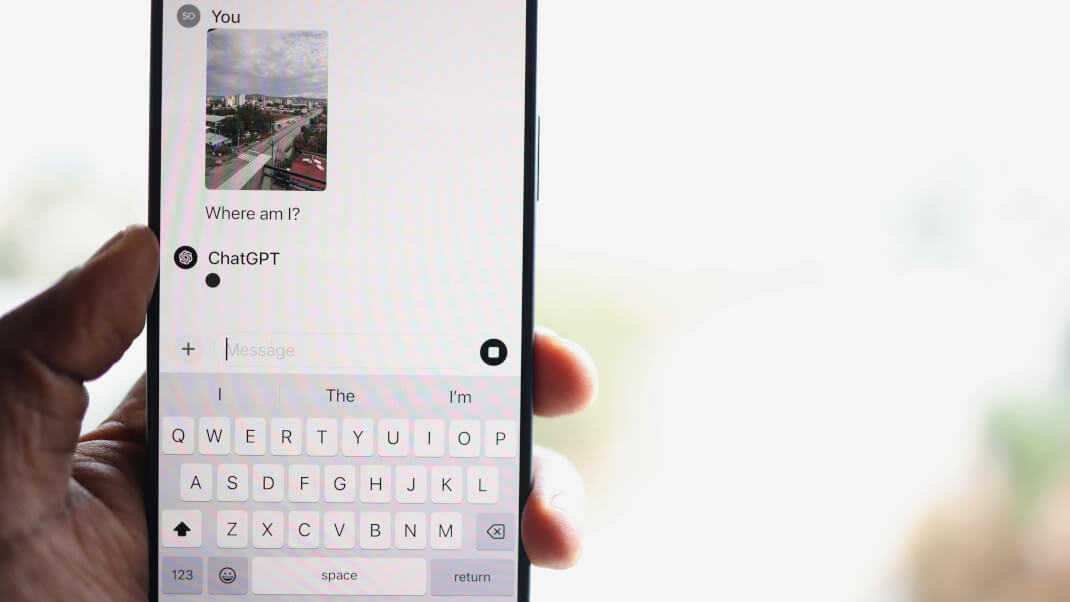NB: This is an article by Trent Cockerham of Koddi.com
Price accuracy in meta is a critical piece for campaigns to run smoothly. Having the rate display accurately between the ad and the landing page is a significant factor for conversion rates on all sites, but it is especially important on Google Hotel Ads since its price accuracy is always being scraped and can significantly impact your cost per click.
To understand and resolve these issues can be a big challenge since it often involves syncing up multiple teams across the publisher and client-side. Due to this, it’s easy to have simple problems drag on and impact your performance. Today we want to describe some common issues we see and some steps for troubleshooting. But first, let’s talk a bit about what your accuracy score is.
Price Accuracy Score
Google has been checking price accuracy for accounts since Hotel Ads began, but in the last six months it has become a much more automated and sophisticated with increased frequency. Throughout the day Google crawls multiple entry points to your site to compare their cache price versus the price that is on display on your site. Anytime those figures do not match then an error is put in the log.
You can view the Google crawls in your analytics data if you store the search type from Hotel Ads; the search type for price accuracy scraping will be “verification”.

Accuracy Score Details
Google communicates your accuracy as falling into one of five buckets. Excellent is the highest score and means that your price accuracy will not negatively hurt your campaign in anyway. Once you drop below that point your ad’s quality score can drop. Google is looking to reward ads that the user will show the most interest in. So if you have price discrepancies you will have to pay more than another advertiser for the same position.

The good news is that your quality score will not necessarily change at the same rate that your price accuracy score does. Each day, Google determines your quality score by a comparison of your recent accuracy as well as your average over some amount of time. This allows the campaign to not take too hard of a hit if there was a small dip, but also lets you recover quickly if you had a serious price accuracy issue.
While it might be a temptation to accept a lower price accuracy score and move on to more visible issues, we have found a strong correlation between price accuracy and how well a campaign performs. To help quantify the impact on your campaign’s performance, you can access your Price Accuracy history in the Koddi dashboard:

The image above shows an example of Price Accuracy dropping for a few hours, and then returning to Good. Advertisers should always work to keep their Price Accuracy at Excellent at all times.
Common Issues affecting Price Accuracy
- The cache is stale (not updated recently enough)
- If the cached time is older than a day, then it is more likely to be inaccurate to what is on the site
- Ideally the difference between the cached time and fetched time will be less than several hours, but in some cases, it should be a much shorter period of time
- Updates to the landing page are affecting scrapers
- Confirm whether any landing page updates have been made
- Manually check the site
- Manually check a live link to see the URL
- Temporary outage or site access issue
- Is the site accessible through the ad links?
- Sometimes the advertiser’s site will block the crawler
- Check the price accuracy report to see if fetched rate is blank
- Incorrect rate plans being accessed
- Check for issues with taxes being included/excluded from one of the rates
- Check for issues with advanced purchase rates displaying vs. non-advanced rates
The advertisers who we see succeed in this area are ones that have the ability to frequently monitor accuracy, have a documented plan for handling accuracy issues, and have all team members (from distribution and marketing) aware of the financial impact of price accuracy issues. It is much better to get these 3 pieces in place now versus having to figure them out in the middle of a serious outage during peak season.
Read more articles at: koddi.com




